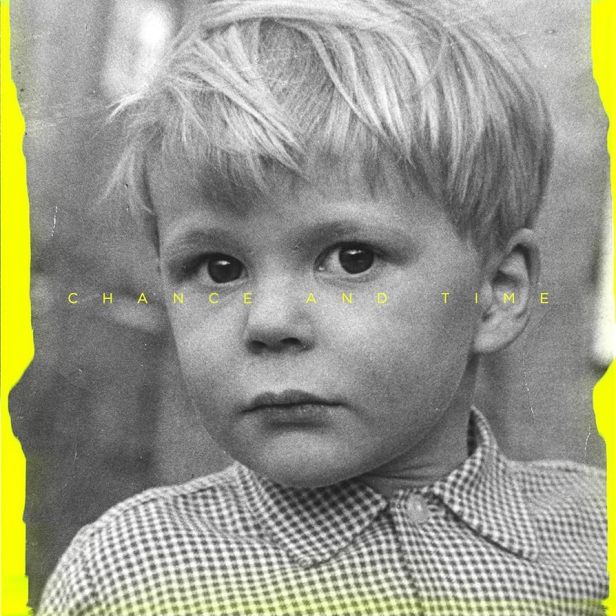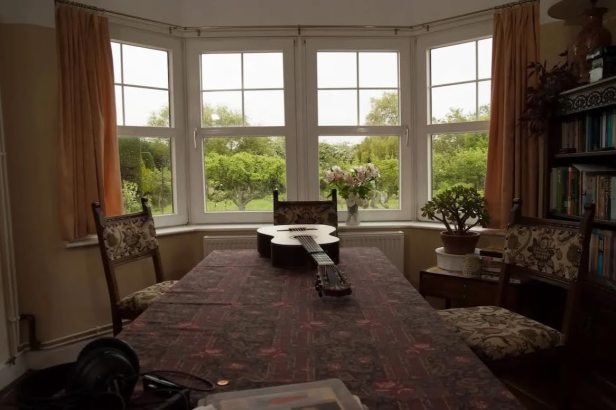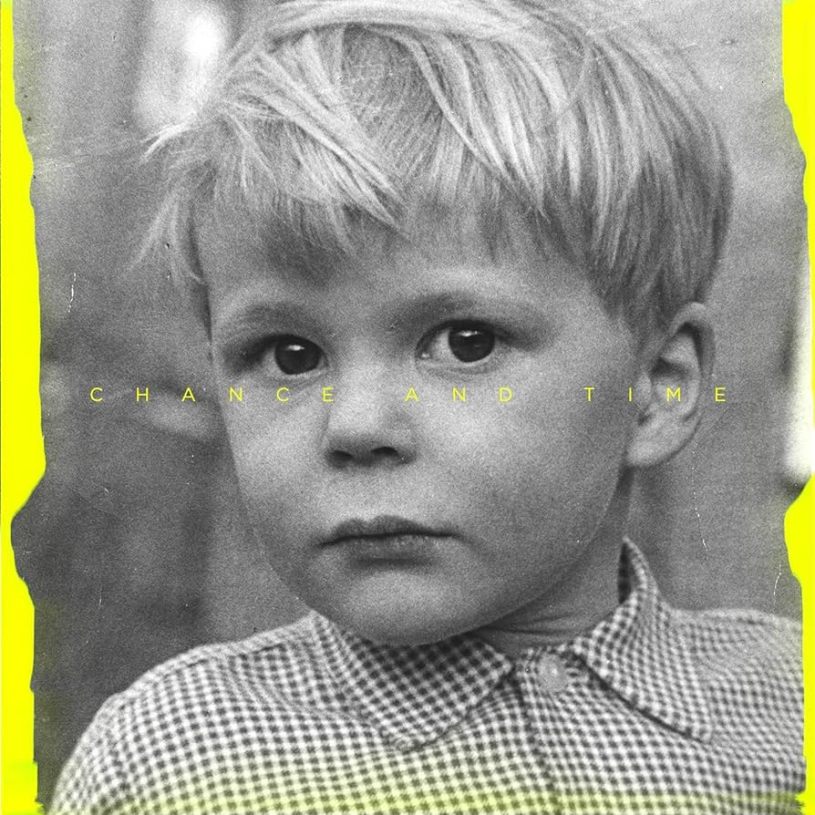
James Varda released Chance And Time in early 2015, only a matter of months before his death from a rare form of cancer, and the album was conceived, recorded, and completed in the full knowledge of its approach. The essential purpose was to grasp and chronicle the concluding phases of a well-lived life in the process of being cut short. Though made under such a looming shadow it remains focused on life and living well with an understanding that this experience is all part of the pattern and the contract, albeit cruelly accelerated.
With his John Leckie-produced 1988 debut Hunger Varda had achieved a degree of recognition as a ‘post-punk folkie’, touring with Roy Harper but then drifting away from the music business, and settling in Suffolk. It would be a decade and a half before his next release In The Valley, and The River And The Stars would follow in 2013; as the titles might suggest his theme had become the natural world. At that point he was based close to the Dedham Vale but in his last years would relocate to Sheringham on the north coast of Norfolk.

By then he was aware of his prognosis, and in its face the making of Chance And Time would be a continuation of its predecessor’s recording process. The same personnel are present; producer and percussionist Bugs, and multi-instrumentalist Fliss Jones on piano, accordion, and harp. Mick Hutton and Andrew Hopper respectively add double bass and cello. Johanna Herron and Sophia Purdy-Moore provide backing vocals.
Each of them are there to provide setting and service to Varda’s vocal and guitar. His playing is from the classic lineage of British folk; his voice has something of Tom Rapp, Jason McNiff, an occasional echo of Cohen. The singing so special and so focused, so as to best present this lyrically brilliant sequence of songs; its use of language, positioning of words, and the meaning beneath gives of itself gradually, and then devastatingly, as it circles and returns to the fact that cannot be gainsaid.
The brief opener ‘It’s Not Quite Too Late’ finds him alone presenting a fleeting epiphanal moment of hope and revelation; in less than two minutes a microcosm of the whole record. The reconciliation of the transitory and the eternal achieved through immersion in the natural world, such that in the initially brutal ‘The Doctor Said’ his cellular mutations are viewed as akin to seasonal or evolutionary changes and “nothing” transformed to “something”.
The fond ‘Our Love Will Never End’ shows relationship as a special, secret locale of escape; it’s followed by the desolate, beautiful ‘Only Love’ with piano, double bass, cello, and then Herron’s backing vocals making for what Varda suggested was the sound of a soul crying. ‘One Thing After Another’ traces how life accrues loss until we ourselves are the loss; Nick Harper guests on guitar here. ‘Pass It On’ is a celebration of England: “fields and hedges, church and sky”: a love song concluding with incantatory Moe Tucker drumming.
There’s more of that percussion, and some gentle piano, on ‘Beside The Sea’ with its intimations of embarkation before the final simple, stark, last dance of ‘We Won’t Dream’. The latter has an almost ghostly aura like a voice from beyond, from afterwards, and of course now that is what the whole of Chance And Time is become. Yet through its emotional resonances and vivid sense of the now it has assuredly ensured its creator’s immortality.
Chance And Time is newly-released on limited-edition vinyl by Unspun Heroes. A new label whose sole purpose is finding and reissuing albums considered undervalued and seemingly ignored.

